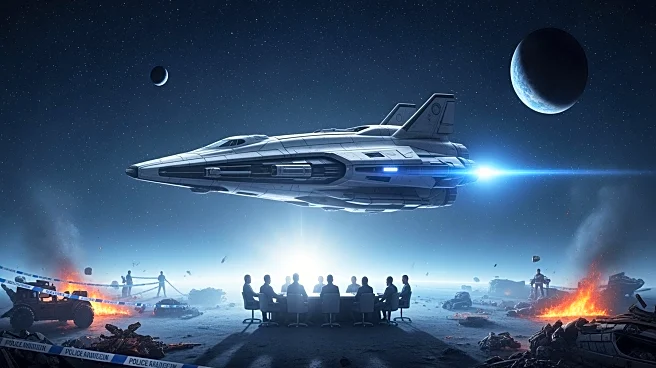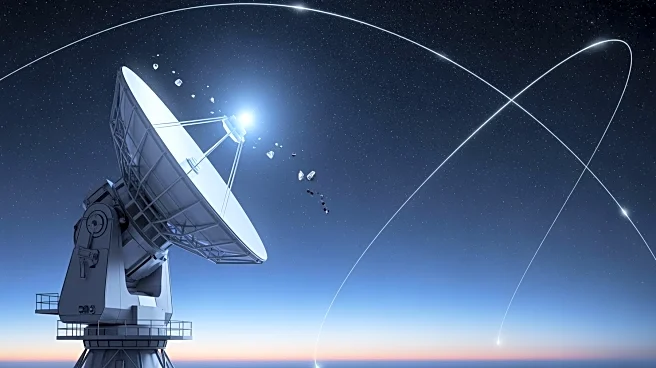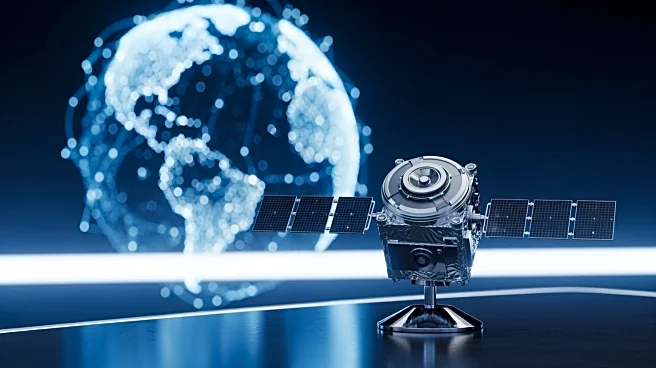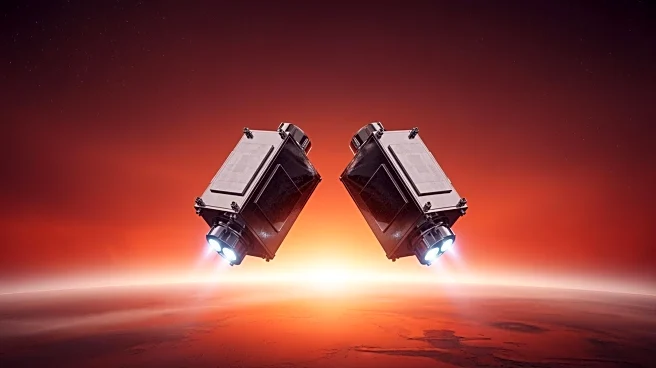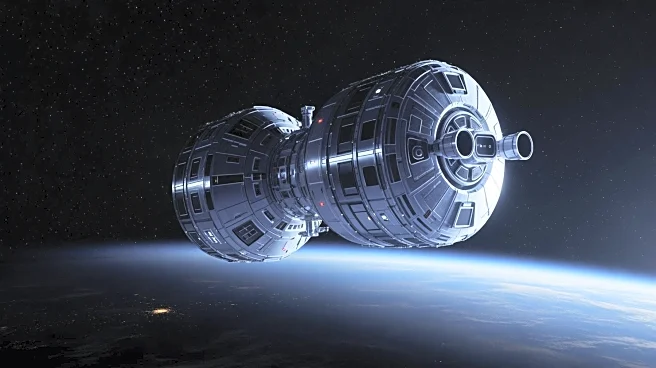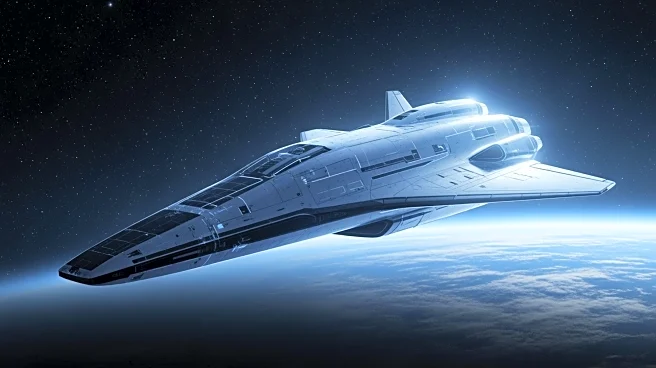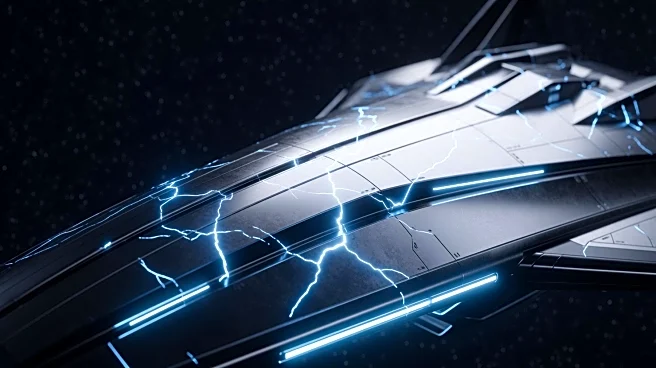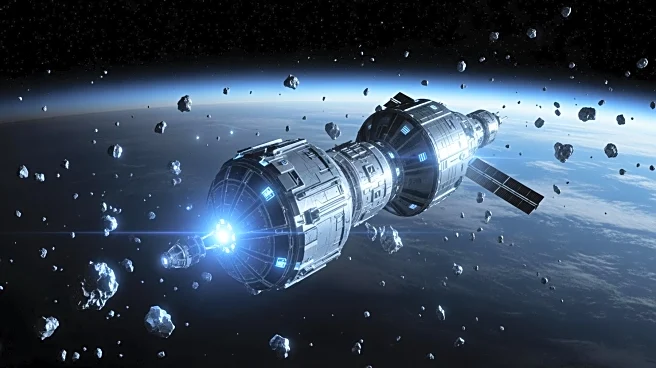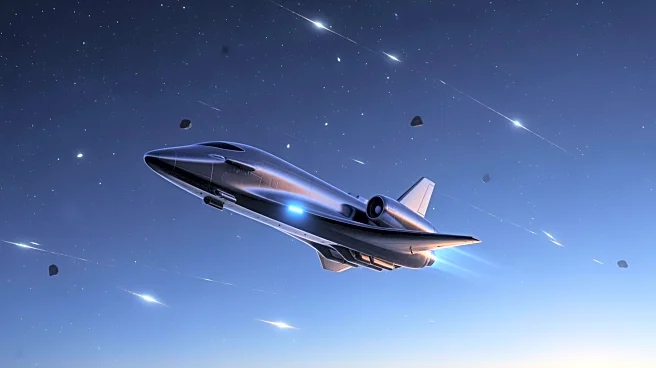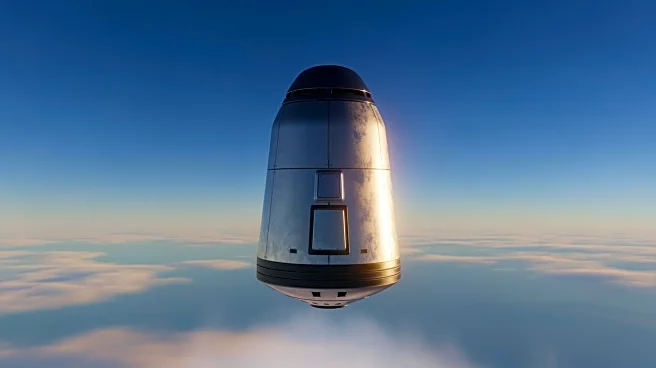What's Happening?
The Shenzhou-21 crew, consisting of Zhang Lu, Wu Fei, and Zhang Hongzhang, is currently stranded at China's Tiangong space station after their colleagues from the Shenzhou-20 mission were successfully returned to Earth using the Shenzhou-21 return capsule.
The Shenzhou-20 crew's original return capsule was damaged by space debris, necessitating the use of the Shenzhou-21 capsule for their return. The China Manned Space Agency (CMSA) is reportedly planning to launch an empty replacement capsule, Shenzhou-22, to the station as early as November 24.
Why It's Important?
The incident highlights potential flaws in China's space mission protocols, which could put astronauts at risk. The situation underscores the importance of having reliable contingency plans for space missions, especially in the face of space debris threats. The CMSA's response to the situation may influence future international space policies and collaborations.
What's Next?
The CMSA is expected to launch the Shenzhou-22 capsule to ensure the safe return of the Shenzhou-21 crew. The damaged Shenzhou-20 capsule will likely be detached and deorbited. The incident may prompt discussions on improving space debris tracking and developing international rescue protocols.
Beyond the Headlines
The event raises questions about the sustainability of long-term space missions and the need for improved debris tracking systems. It also highlights the geopolitical implications of space exploration, as cooperation between NASA and China's space agency is restricted by U.S. law.
